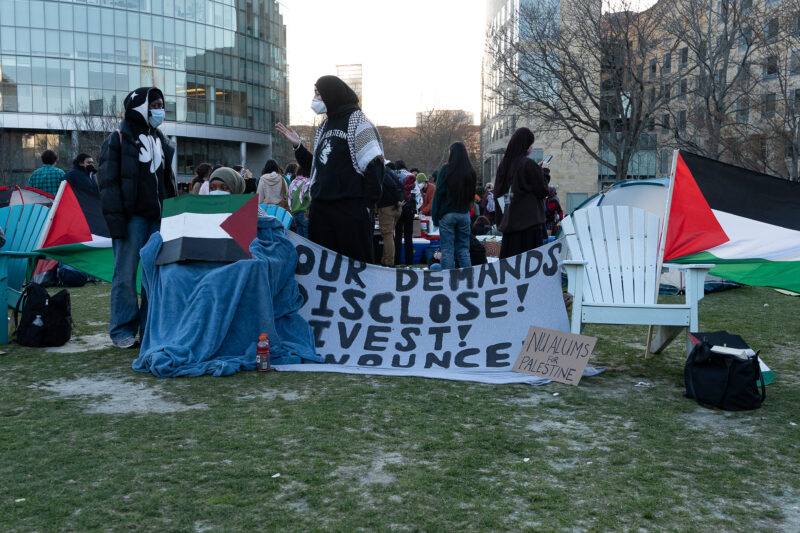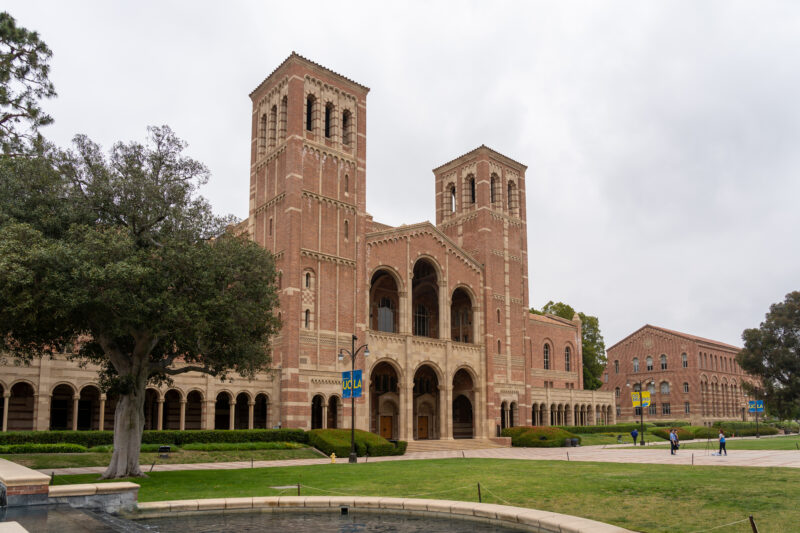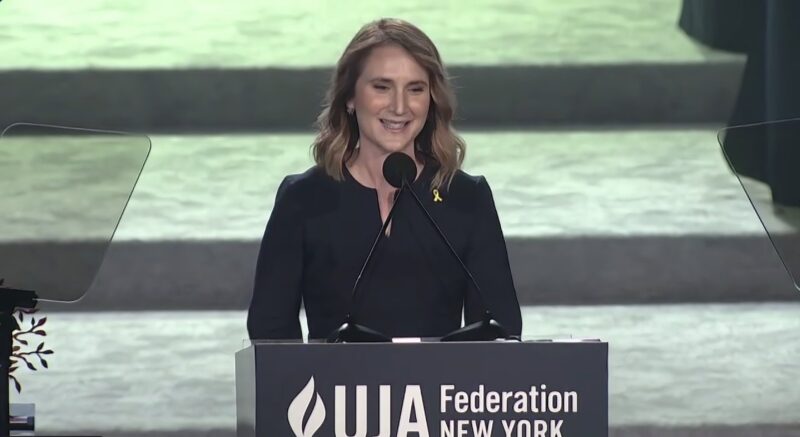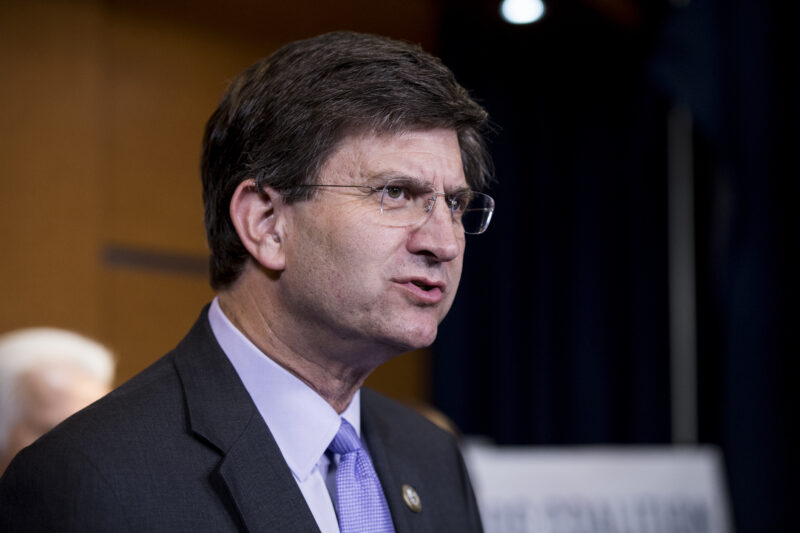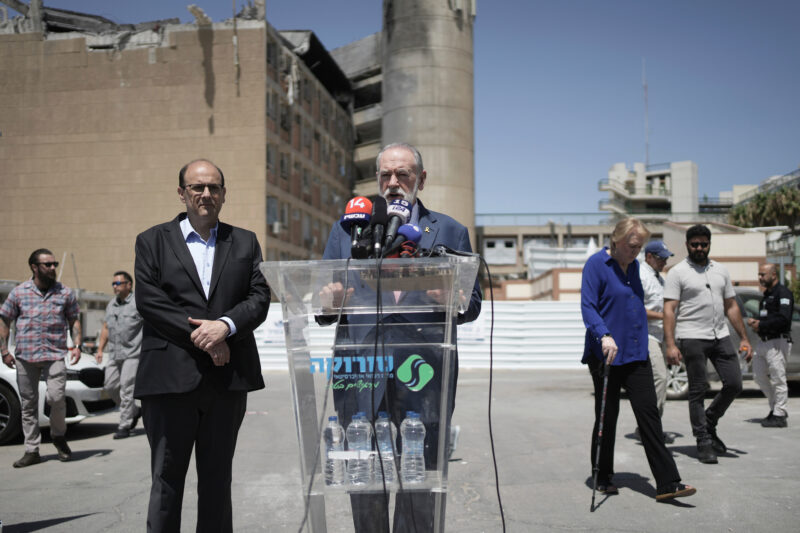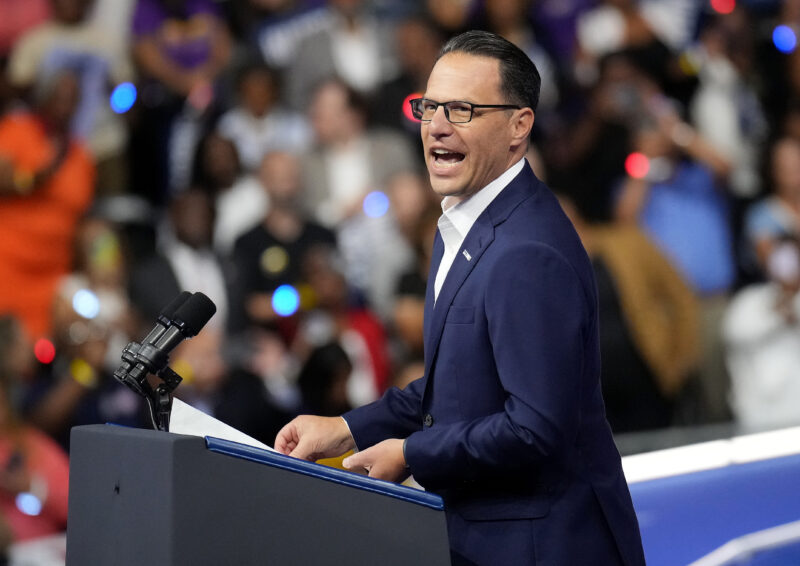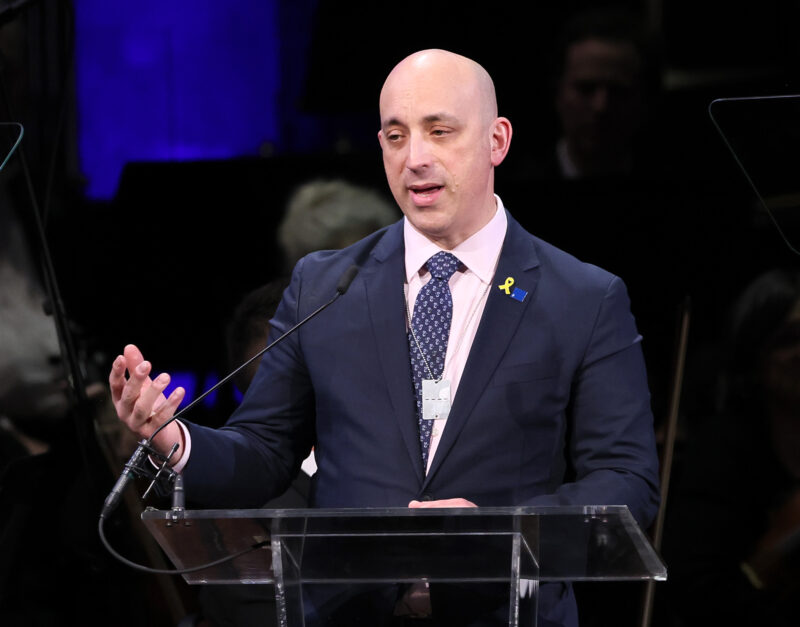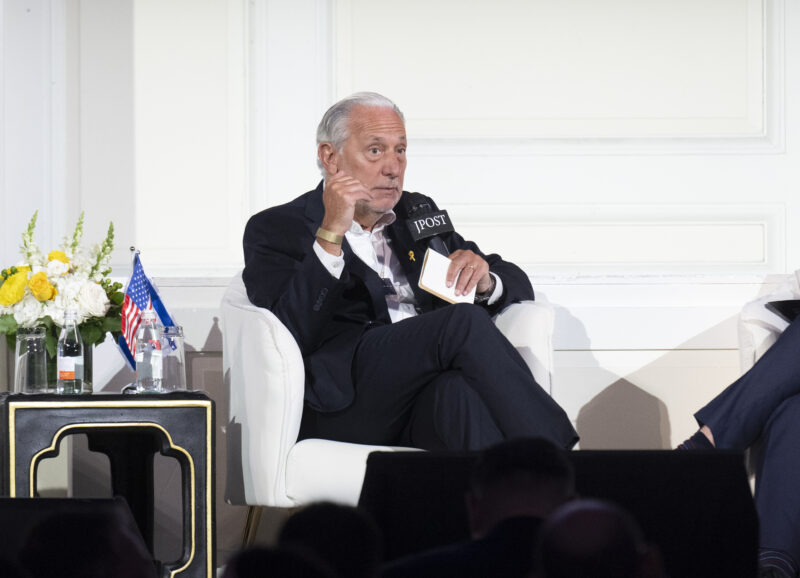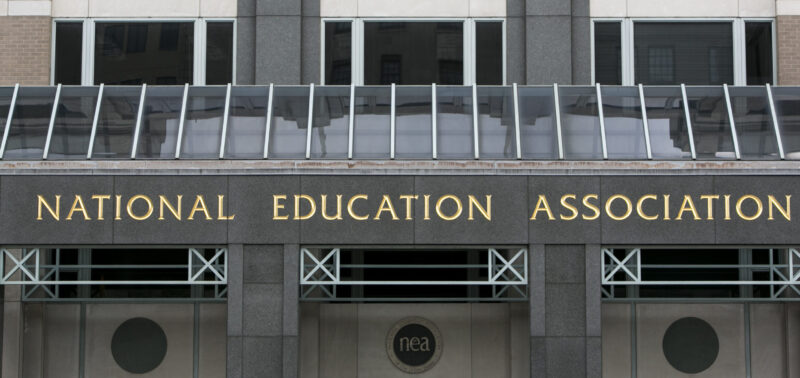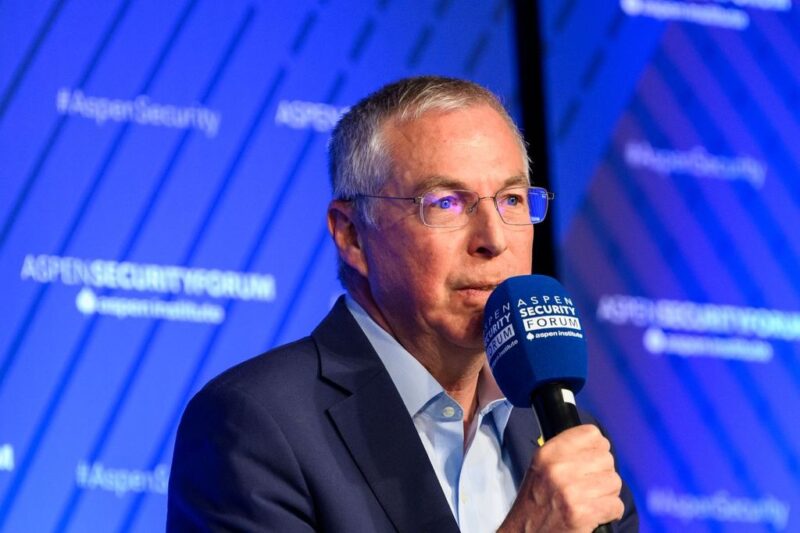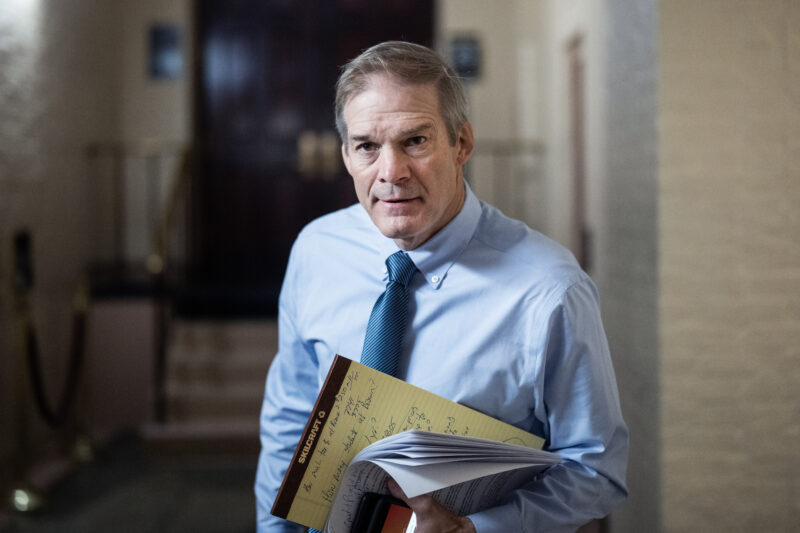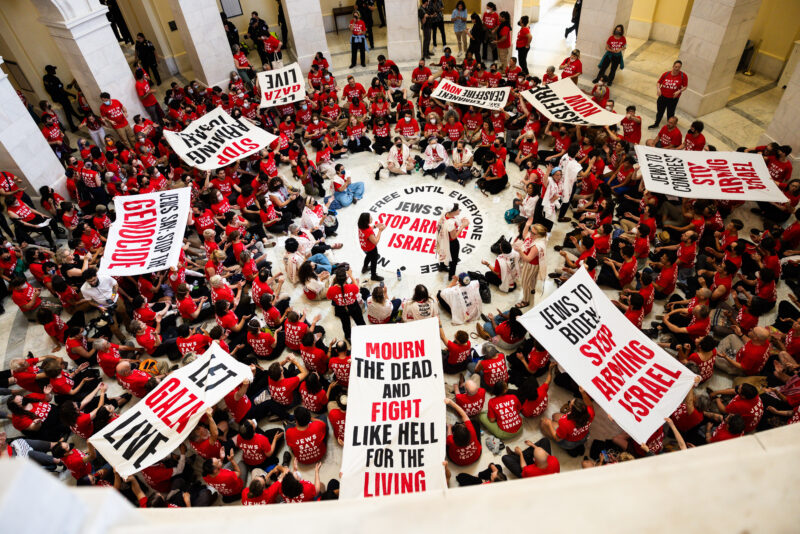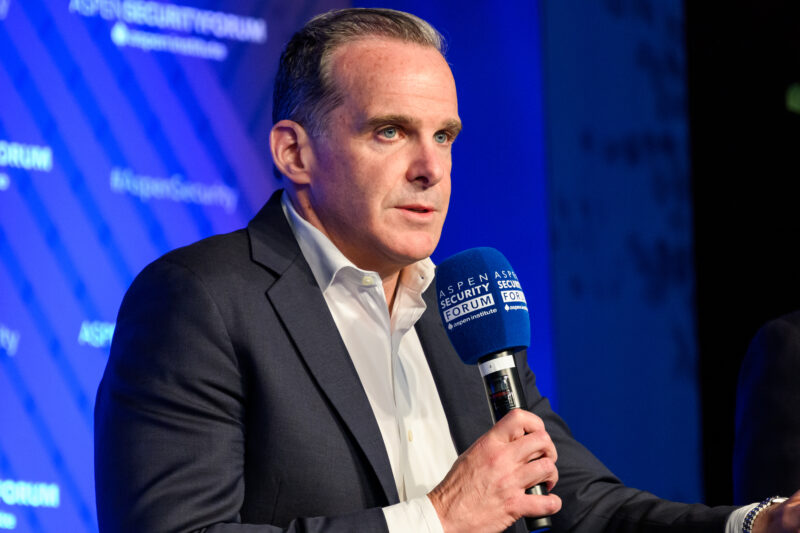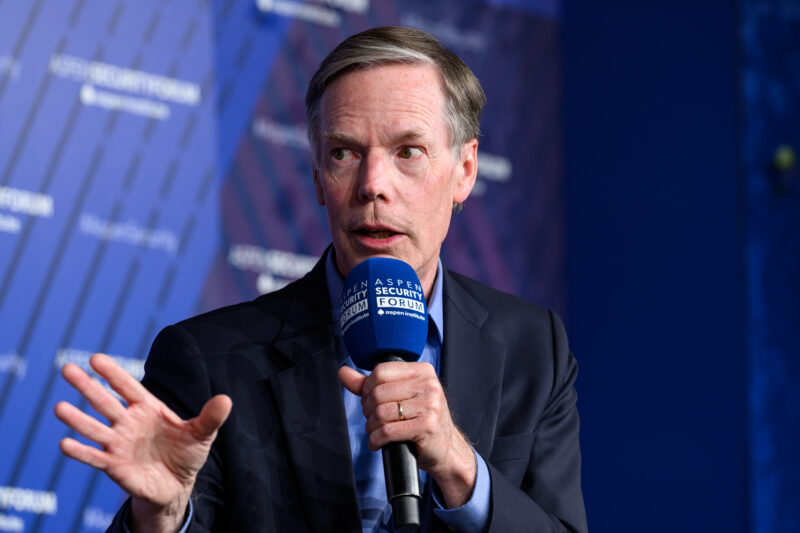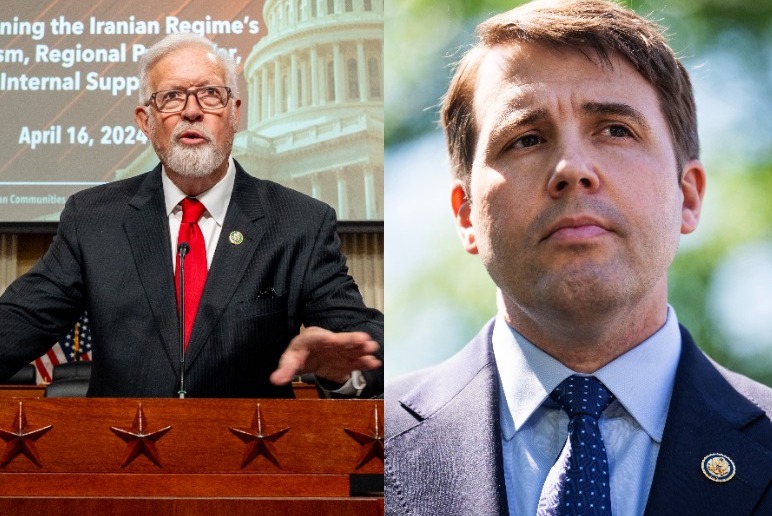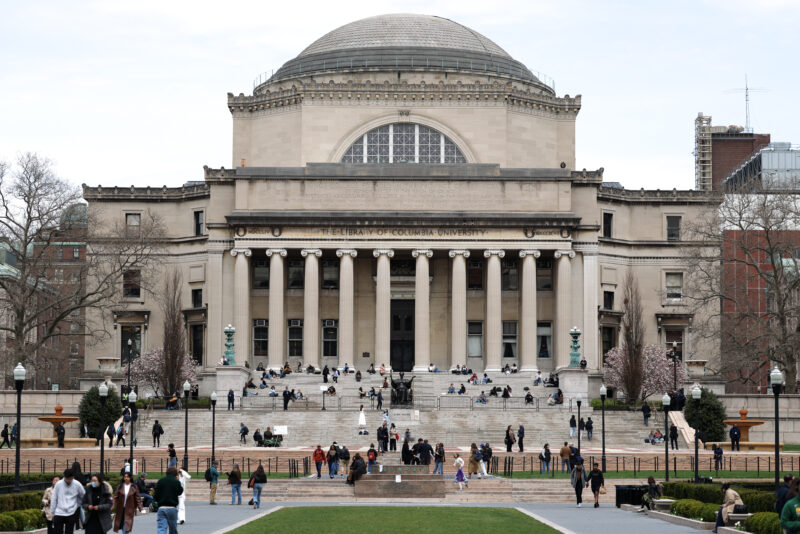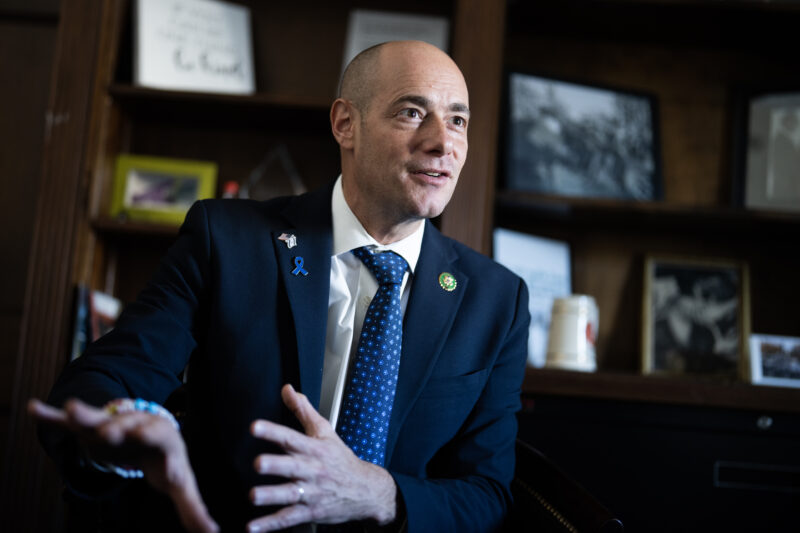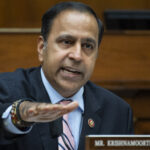The Pennsylvania governor told JI: ‘When supporters of yours say things that are blatantly antisemitic, you can't leave room for that to just sit there’

Andrew Harnik/Getty Images
Pennsylvania Gov. Josh Shapiro greets the crowd before the start of a campaign rally at Temple University on August 6, 2024 in Philadelphia, Pennsylvania.
LEWISTOWN, Pa. — Inside a coffee shop in this small town of 8,500 people, hundreds of miles from the bustle of Manhattan, Pennsylvania Gov. Josh Shapiro made his first public comments about Zohran Mamdani, criticizing the New York City Democratic mayoral candidate for not taking a stronger stand against “extremists” who have made “blatantly antisemitic” comments.
“He seemed to run a campaign that excited New Yorkers. He also seemed to run a campaign where he left open far too much space for extremists to either use his words or for him to not condemn the words of extremists that said some blatantly antisemitic things,” Shapiro told Jewish Insider in an interview on Wednesday.
Shapiro’s comments come as Mamdani, who defeated former New York Gov. Andrew Cuomo in the Democratic primary last month, continues to face backlash for declining to condemn the phrase “globalize the intifada.” (Mamdani told business leaders last week that he would “discourage” use of the slogan.)
National Democratic figures have struggled to figure out how to respond to Mamdani’s come-from-behind victory and to assess what the election of a self-proclaimed democratic socialist as the Democratic nominee for mayor of the largest city in the country means for the future of the party.
Neither Senate Minority Leader Chuck Schumer (D-NY) nor House Minority Leader Hakeem Jeffries (D-NY) have endorsed Mamdani, while some progressive leaders — such as Sens. Chris Murphy (D-CT) and Bernie Sanders (I-VT) — have embraced him. Sen. Elissa Slotkin (D-MI), another swing-state Democrat, said on Wednesday that Mamdani’s victory is a “message” that “cost of living and the economy is the driving issue for the average person.”
Democratic National Committee Chair Ken Martin, when asked about Mamdani’s handling of the “globalize the intifada” slogan, said earlier this month that he did not agree with everything Mamdani has said, but that the Democrats are a “big tent” party. Martin later clarified that he found the “intifada” phrase “reckless and dangerous.”
Widely viewed as a possible 2028 presidential candidate, Shapiro has steered clear of weighing in on a number of divisive national issues, preferring instead to focus on Pennsylvania, where he maintains a 61% approval rating. But on Wednesday, he offered a sharp message to Mamdani.
“I’ll say this about Mamdani or any other leader,” Shapiro said. “If you want to lead New York, you want to lead Pennsylvania, you want to lead the United States of America, you’re a leader. I don’t care if you’re a Republican or Democratic leader or a democratic socialist leader. You have to speak and act with moral clarity, and when supporters of yours say things that are blatantly antisemitic, you can’t leave room for that to just sit there. You’ve got to condemn that.”
At a moment of declining support for Israel within the Democratic Party, the Jewish governor told JI that he stands by his pro-Israel bona fides.
“I think one of the things that always strengthened Israel was the fact that the relationship America had with Israel was not even bipartisan, but somewhat nonpartisan. Figuring out ways to build bridges between the parties, between people of different walks of life, to support Israel, I think is important,” he noted. “I think just in general, across the board, I want to see more support for Israel, for a Jewish state. That doesn’t mean that one can’t be critical of Israeli policy.”
There is more that politicians on both sides of the aisle need to do to maintain support for Israel and the U.S.-Israel relationship, Shapiro said, though he added that “the majority of that work is going to happen in Washington.” He declined to specifically address Democrats’ views on Israel or polling that showed a massive drop in Democratic support for Israel since 2023.
“I don’t do foreign policy in Pennsylvania in my role as governor, but I do think it is important to repair that relationship,” Shapiro said. “I am concerned that support for Israel in the United States broadly is down compared to what it was a decade ago.”
It isn’t only American leaders who need to work to strengthen ties between Israel and the U.S., Shapiro said. He placed some of the blame on Israeli Prime Minister Benjamin Netanyahu.
“I think if you care about the future safety and security of Israel, and you’re the leader of Israel as Netanyahu is at present time, you’ve got to find ways to build bridges to people in both parties, to leaders in both parties,” said Shapiro, who has long been a critic of Netanyahu’s leadership. But he asserted that opposition to Netanyahu as prime minister should not be equated with opposition to the existence of a Jewish state.
“There are policies of the Netanyahu government that I don’t support. I’ve been very vocal about that. But there’s a difference between not supporting the policies of whoever’s in charge at a particular time, and the underlying notion of a Jewish state of Israel,” said Shapiro. “I do think it is important to strengthen people’s understanding of Israel and the relationship America should have with Israel and to strengthen that bond.”
Shapiro, one of the most prominent Jewish politicians in the country, has been on the receiving end of antisemitic smears over his support for Israel. In April, the governor’s mansion in Harrisburg was set ablaze in an arson attack just hours after Shapiro and his family had hosted a Passover Seder.
Police said the alleged perpetrator was motivated by anti-Israel animus, but Shapiro has repeatedly declined to characterize the incident as antisemitic in nature, saying that doing so would be “unhelpful” to prosecutors who have not brought hate crime charges.
Shapiro told JI the arson attack left a profound impact on him, both personally and religiously. It brought him closer, he said, to “my faith and my spirituality.”
“It made me believe even more, not just in my God, but in the power of prayer,” said Shapiro. “It’s given me a deeper, spiritual connection of my faith and a deeper connection to people of other faiths.”
















